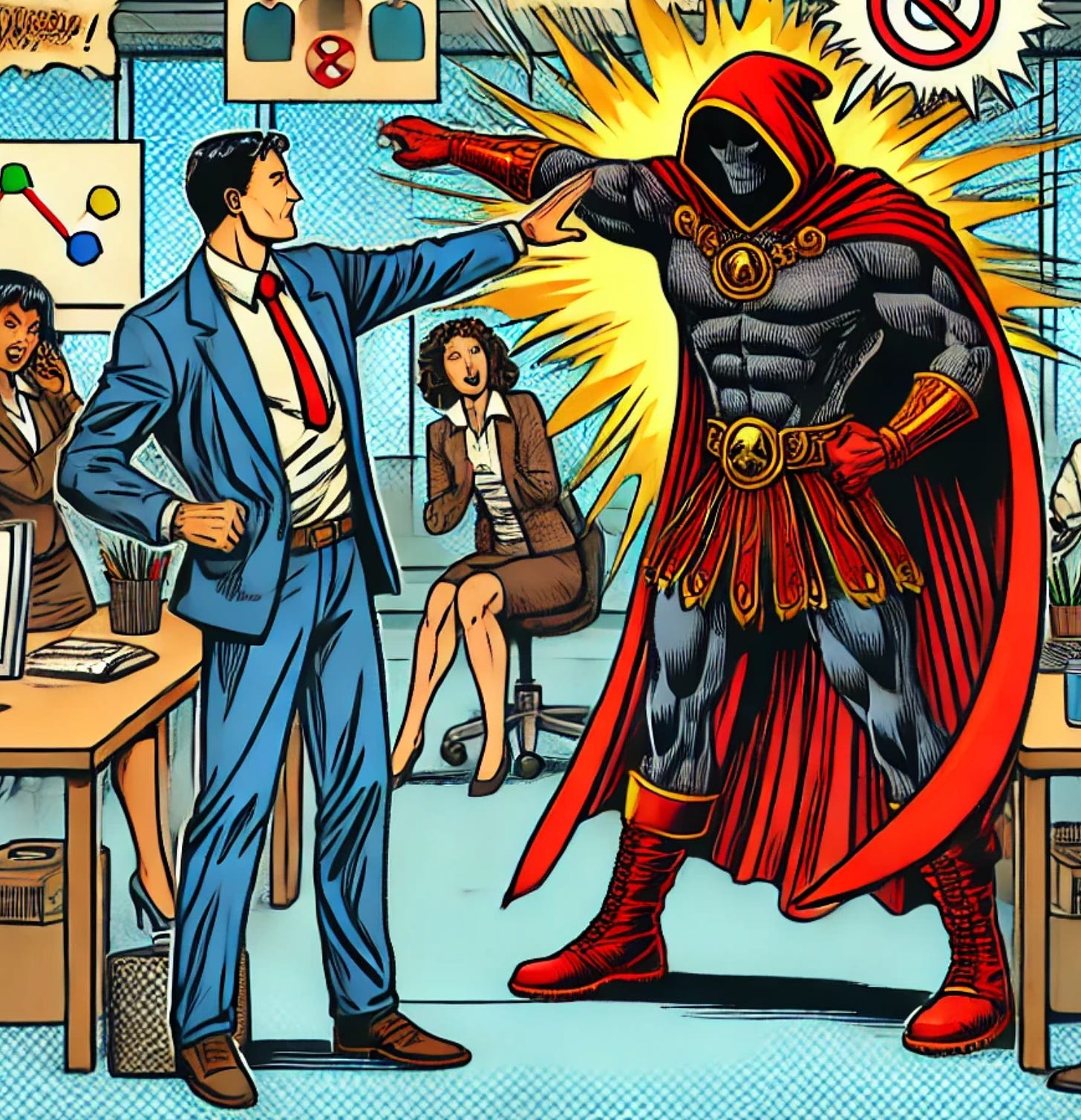Stopping agitators
The team's culture is bigger than any individual, and it must be protected at all cost
When a new hire joins a team, there is always a period of adjustment as they figure out how to use their skillset productively within the team, and fit and integrate their norms to the culture of the team. The former is often far easier than the latter, since cultures tend to be more bespoke, and harder to adjust than skillset. While most new hires will adapt and integrate into the team's culture, some people, especially with stronger personalities, will refuse to integrate, and in many cases even try to actively erode the culture. This poses a challenging problem for the manager, especially when the new hire is talented, since they will need to trade off the benefit of the new hire's skillset with the cost of introducing an agitator to the team.
For new hires who become agitators, the manager needs to lean heavily towards keeping a strong team culture over the short-term benefits of the new hire's skillset. The only exception to this is if the person is so talented that they make or break the team - in that scenario the manager will need to break the existing culture and shift the entire team's culture around that person. Either way, the culture and the new hire will need to align, as long-term cultural fracturing is too expensive.
The aggressive lean towards preserving culture may be surprising, especially since talented new hires seem like they would be accretive to the team when measured on their skillset. However, culture influences every action, interaction and decision the team makes, across every member. This means that there is rarely any individual that has more impact to the team than the culture itself. Additionally, any unintentional erosion to the existing culture caused by an agitator will erode the influence of the culture, which will hurt the focus and clarity of the team, destroying more value than any single person can create.
When the manager identifies an agitator, they will need to first decide whether the level of agitation is tolerable, and if not, how to deal with the individual. Like with other issues related to culture, being proactive in solving the problem will be the most effective thing a manager can do.
Tolerance
When a new hire joins the team, the manager should expect some misalignment at the beginning, and as the new hire integrates, for the existing culture to evolve at the edges. This is quite healthy, as the new hire will bring a new perspective, and very often help improve the ways of working in a way that the existing team cannot see. They will also bring intangibles (like language, greetings, jokes) that may get incorporated into the culture.
Keep reading with a 7-day free trial
Subscribe to 100x Manager to keep reading this post and get 7 days of free access to the full post archives.



